Foreign Minister Bogdan Aurescu backed on Thursday, on the first day of meetings of the OSCE Ministerial Council in Stockholm, the increase in the OSCE's capacity to manage the security situation in the Black Sea region, as well as resolving protracted conflicts in the region.
The Ministerial Council meeting offered the opportunity to address the main issues on the three dimensions (political-military, economic and environmental, human) of the OSCE, while maintaining the control system over conventional arms, emphasizing the need to modernize the Vienna Document, the 2011 political agreement which includes measures to increase trust and security, and mechanisms to ensure the transparency of the military activities of the 57 OSCE participating atates, and respect for human rights and fundamental freedoms, according to a Foreign Ministry (MAE) release sent to AGERPRES.
On this occasion, Minister Aurescu presented the national intervention, in which he underlined Romania's commitment to defending and protecting the values and principles of the OSCE enshrined in the Helsinki Final Act of 1975 and in the Paris Charter for a New Europe of 1990, which are at the heart of European security, especially in the context of the deteriorating security situation in the OSCE region and the growing emergence of hybrid threats. In this sense, Minister Aurescu referred to the deterioration of energy security, the instrumentalization of migrants, the military consolidation at the borders of Ukraine and the large number of ceasefire violations in eastern Ukraine.
The head of Romanian diplomacy also referred to the need to prevent crises and conflicts in the OSCE region, relevant issues including in the context of the 10th anniversary of the adoption in Vilnius of the Ministerial Decision on the elements of the conflict cycle. Bogdan Aurescu addressed at length Romania's vision and proposals regarding the prolonged conflicts and during the working dinner on December 1.
Minister Aurescu emphasized that resolving the conflicts in the Black Sea region and the Eastern Neighborhood is a strategic priority for Romania and said that he had actively promoted this issue in multilateral formats, including at EU level.
In his context, Aurescu recalled his tour of the South Caucasus with his counterparts in Austria and Lithuania, in coordination with and based on the mandate given by the EU High Representative for Foreign Affairs and Security Policy in June this year, which led to the formulation of substantial conclusions and proposals for resolving these conflicts. In this context, he called for increased cooperation with partners and the capacity of the OSCE to manage the security situation in the Black Sea region. He specifically proposed better use of OSCE tools - for example, the Mediation Center of the Conflict Prevention Center, the use of OSCE field missions to identify short-term trends as a form of early warning and preventive action, and better coordination of the OSCE with other international organizations, especially the EU.
During his national speech, the head of Romanian diplomacy referred to a series of issues of priority interest to Romania, emphasizing the need to resolve the conflict in the Republic of Moldova in the 5 + 2 format, based on respect for the sovereignty and territorial integrity of Moldova. its international recognition and without affecting the European course of this country.
The head of Romanian diplomacy also stressed the support of the Normandy Format and the Trilateral Contact Group to identify a peaceful solution to the conflict in Ukraine, as well as the Minsk Group as the only international format able to identify a lasting solution. the Nagorno-Karabakh conflict. The Romanian minister also reaffirmed his support for Georgia's sovereignty and territorial integrity within its recognized borders and the continuation of the Geneva International Talks.
At the same time, Minister Bogdan Aurescu called for an end to human rights violations in the Republic of Belarus and condemned Belarus' use of political migration for political purposes.
The head of the Romanian diplomacy also reiterated that the full implementation of the principles and commitments assumed by the participating states is the only way to guarantee security and strengthen stability, military transparency and predictability in the OSCE space and the modern context. Vienna.
In his speech in the plenary of the Ministerial Council, Minister Aurescu also reacted in this way to the statements of the Russian Foreign Minister Lavrov in his national speech, according to which the anti-missile system in Romania (and Poland) can be used to launch offensive strikes. Minister Bogdan Aurescu reiterated that this Russian position is completely incorrect, the position of Romania, the USA and NATO being expressed very often: the anti-missile system in Romania is strictly defensive, only for legitimate defence according to the UN Charter, it is not directed against the Russian Federation, referring to threats from outside the Euro-Atlantic area and there is no intention to transform or modify the system into an offensive one, the MAE release stated.
On the sidelines of the first day of the OSCE Ministerial Council, Minister Aurescu also took part in an event dedicated to the Crimea Platform. The event, hosted by Ukrainian Foreign Minister Dmitro Kuleba, was co-sponsored by more than 20 countries, including Romania, Lithuania, Latvia, Estonia, Canada, the United States, the United Kingdom and Turkey. Bogdan Aurescu referred in his speech to the profoundly disruptive nature for the Black Sea region of the annexation of Crimea. He reaffirmed that Romania strongly condemns this act and supports the policy of non-recognition of the annexation of the peninsula. He also recalled Romania's participation in the August 2021 Summit to launch the Crimean Platform initiative.
The event, dedicated to the Crimean Platform, was also attended by a number of foreign ministers from countries such as Lithuania, Latvia, Canada, and senior officials from other OSCE countries, such as the United States.
The meeting of the foreign ministers of the OSCE member states will continue on Friday, when Minister Bogdan Aurescu will present a statement on behalf of 30 NATO member states on the second day of the OSCE Ministerial Council in Stockholm. AGERPRES

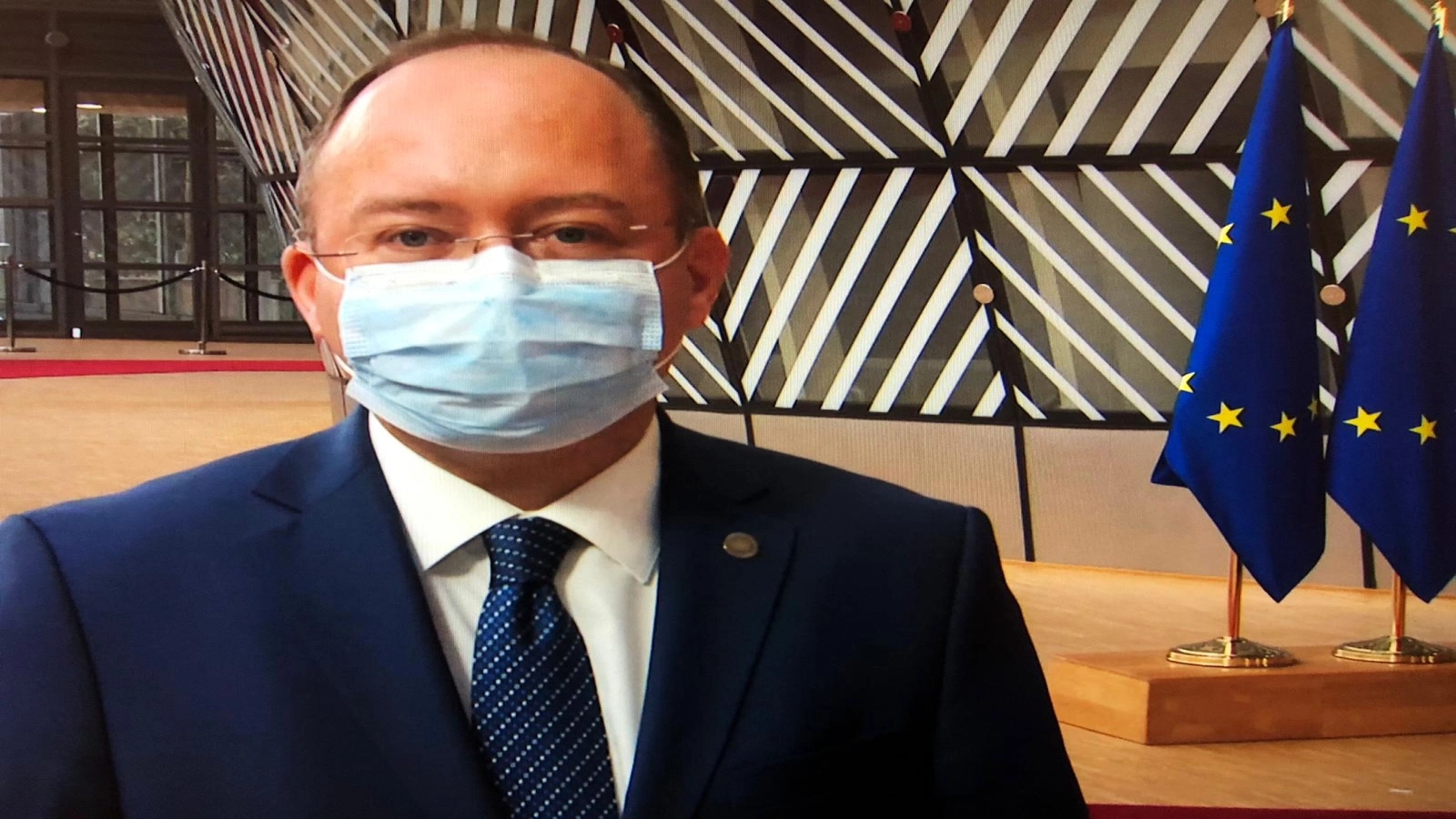



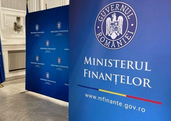

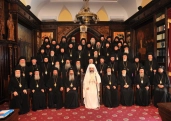
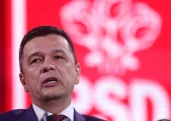






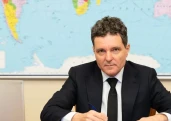

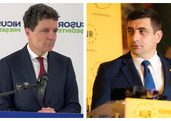


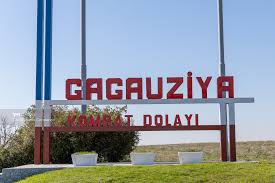
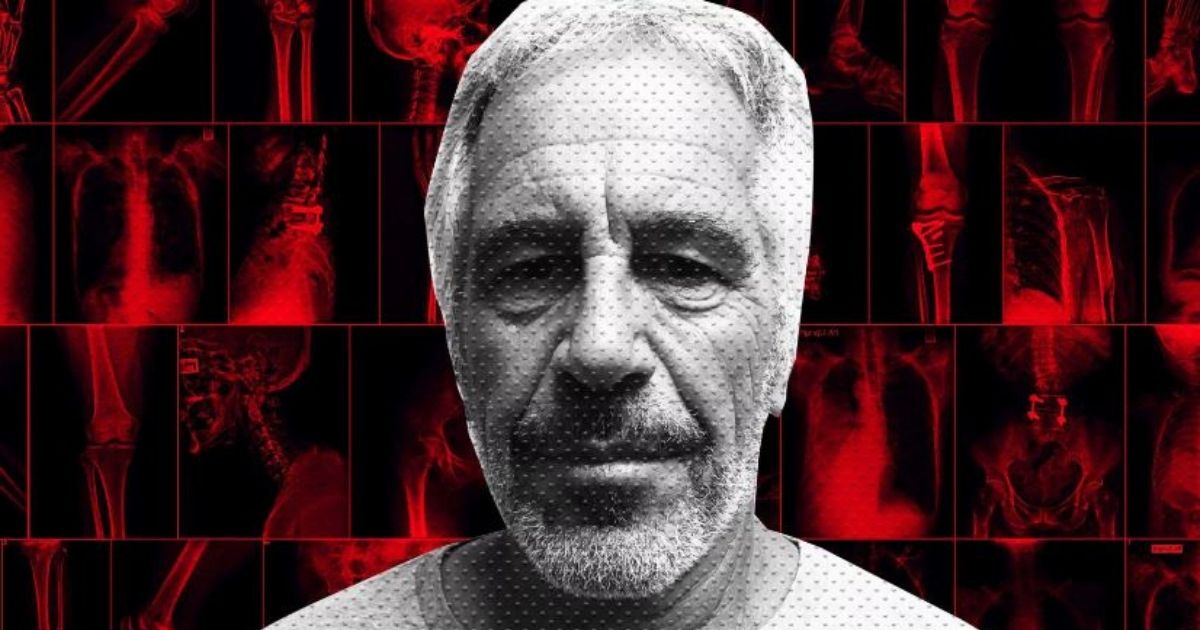

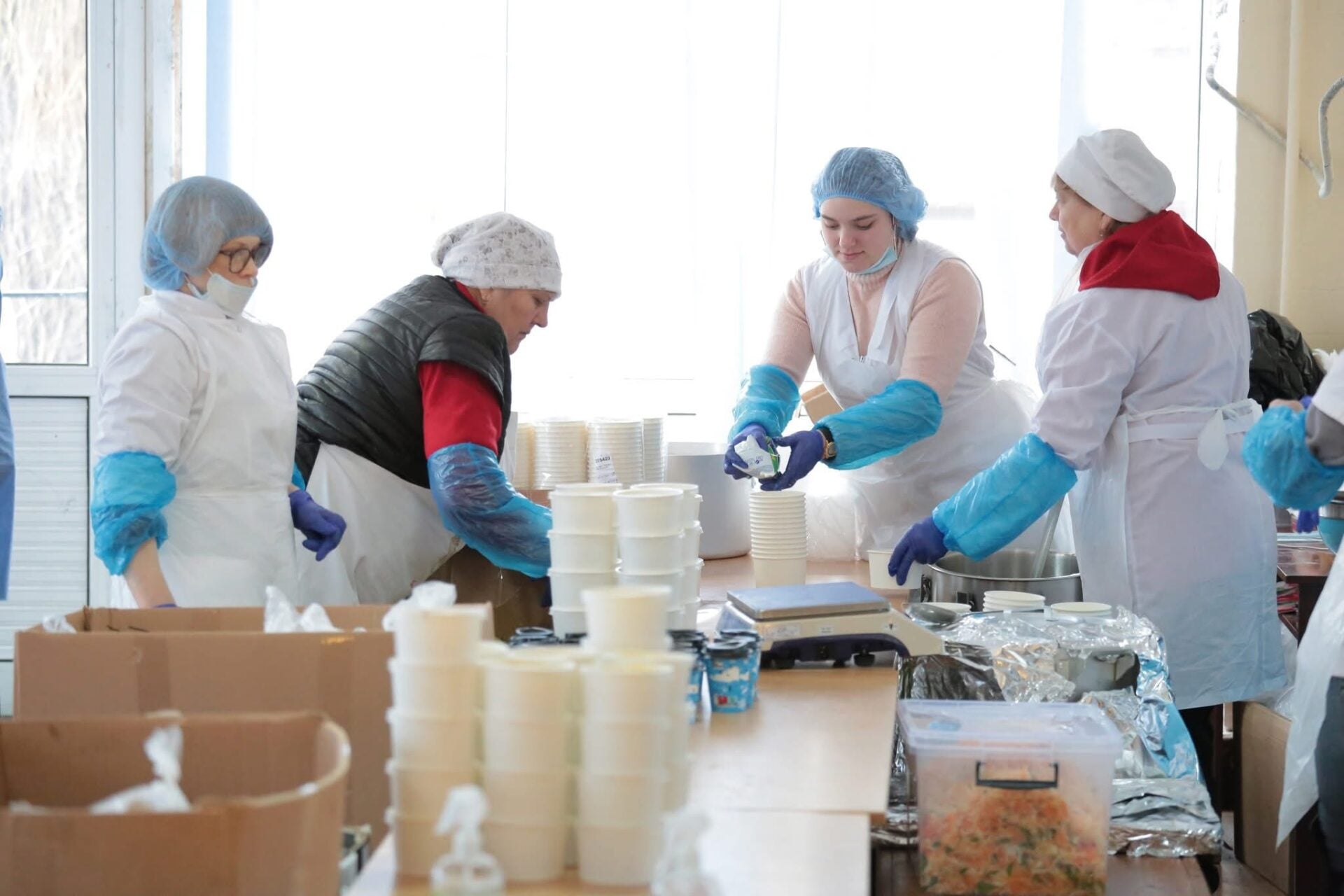




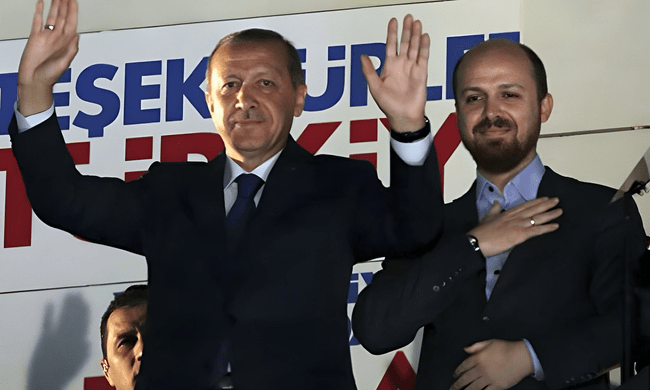



Comentează